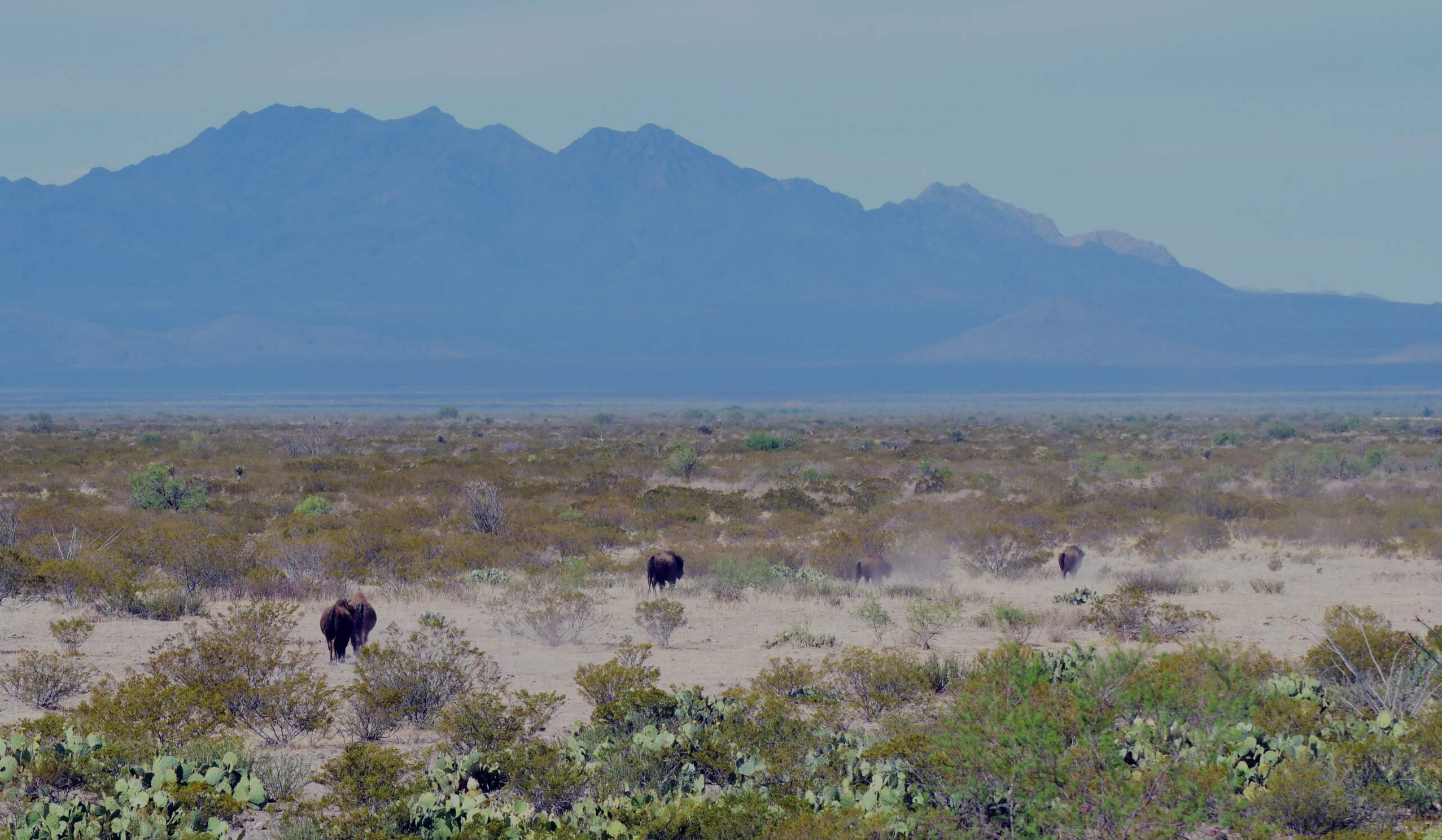Photo by: Ulises Vera | FMCN
In 2023, the five regional funds supported by FMCN strengthened their role in overseeing FMCN’s financed projects in different regions of the country. As a noteworthy example, the Fund for the Conservation of the Neovolcanic Belt has served as the coordinating entity for the Monarch Butterfly Fund since 2020. Likewise, the Gulf of Mexico Fund (FGM, acronym in Spanish) and FONNOR (Northwestern and Western Fund) coordinated the local level of the Connecting Watershed Health with Sustainable Livestock and Agroforestry Production (CONECTA, acronym in Spanish) and the River Restoration for Climate Change Adaptation (RÍOS, acronym in Spanish) projects, while El Triunfo Conservation Fund (FONCET, acronym in Spanish) focused on CONECTA. Since 2021, the Sustainable Southeast Fund has assumed the operational responsibility for the Kanan Kay Alliance (AKK, acronym in Spanish), the Kaanbal Suut, and the Mesoamerican Reef Leadership Program (MAR-L) projects and has actively collaborated in the preparatory phase of the Sustainable Communities for Climate Action in the Yucatan Peninsula (ACCIÓN, acronym in Spanish) project. FMCN is committed to strengthening regional funds as executing entities. In 2023, FMCN provided training to regional funds on integrating a gender perspective and implementing environmental and social safeguards in all of their projects. These efforts are designed to prevent and mitigate any adverse impacts that projects may have on women, local communities, and the environment.
Biodiversity monitoring is the heart of FMCN’s projects: it helps to understand the diversity of species, revealing their interactions, behaviors, and movements in the landscapes it seeks to conserve and restore. Since 2013, it has collaborated with institutions such as the National Commission of Natural Protected Areas (CONANP, acronym in Spanish), the National Commission for the Knowledge and Use of Biodiversity (CONABIO, acronym in Spanish), the National Forestry Commission (CONAFOR, acronym in Spanish), and various academic and social organizations to design and implement biodiversity monitoring protocols. These efforts include the National Biodiversity Monitoring System, the Ecosystem Integrity Sampling Protocol, and the Community Biodiversity Monitoring (BIOCOMUNI, acronym in Spanish).
In line with its values, FMCN is committed to environmental sustainability, human rights, and gender equality. Since 2022, it has strengthened this commitment by developing and implementing an environmental and social policy, which, together with an environmental and social management system, has been integrated into its Operations Manual. These elements reinforce our commitment to the responsible management of environmental and social risks, the integration of a gender perspective, and the active participation of vulnerable groups in all endeavors related to the conservation, sustainable management, and restoration of natural resources.
